By Chris Snellgrove | Published
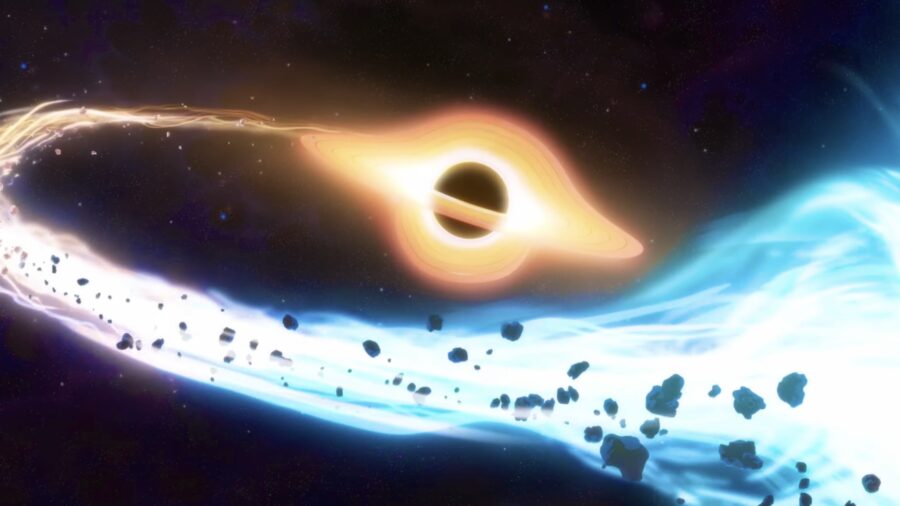
Star Trek fans have always enjoyed the franchise’s tech-based socialist utopia, so it’s only fitting that the cancellation of Lower decks has exposed capitalism’s biggest lie: If you build it, they will come. That is, we spend our lives telling ourselves that the only way to be successful is to demonstrate your talent and do great work. For this Star Trek fan: Lower decks was a near-perfect show, but its cancellation reveals two bitter truths: being great doesn’t mean being profitable, and modern trekkers simply have no idea what they want.
Do fans want Star Trek: Lower Decks?
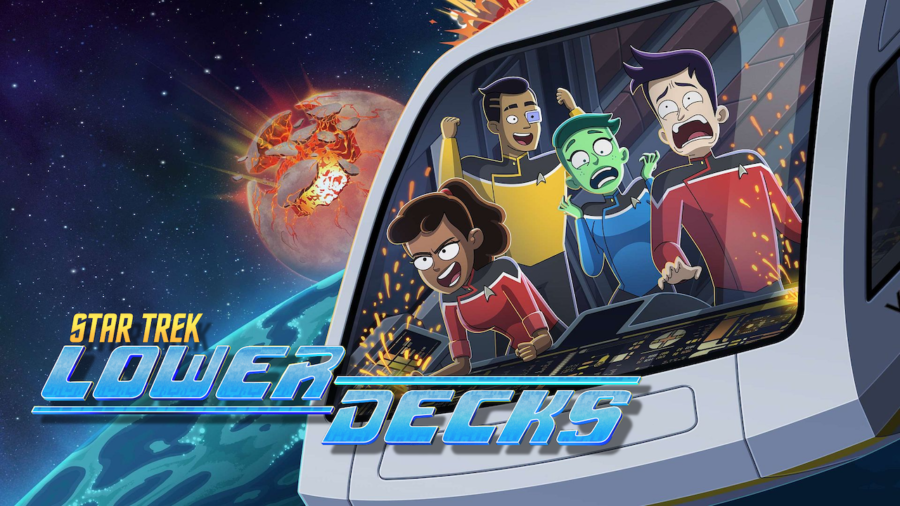
Paramount was understandably reluctant to discuss the numbers that motivated them to cancel Star Trek shows early discovery And Lower decksboth of which unexpectedly had to turn their fifth season into their final season. The main assumption about Lower decks is, even though it is much cheaper to produce than shows like Strange New Worldsit didn’t get enough views or acquire enough new subscribers for Paramount+. And while Paramount’s poor handling of the NuTrek division is partly to blame, I can’t help but feel that my fellow fans simply don’t know what they really want from this franchise.
Star Trek characters like Michael Burnham love children’s stories like Alice’s Adventures in Wonderlandtherefore I think it is only suitable for viewing Lower decks regarding another children’s fable: Goldilocks and the Three Bears. While discovery ended strong, initially turning off new fans because it focused so much on old lore that it confused existing canon regarding everything from the Klingons to Spock’s tangled family tree. To put it simply: early discovery stumbled because it tried to concentrate on it too much trusted characters and events rather than trying something new.
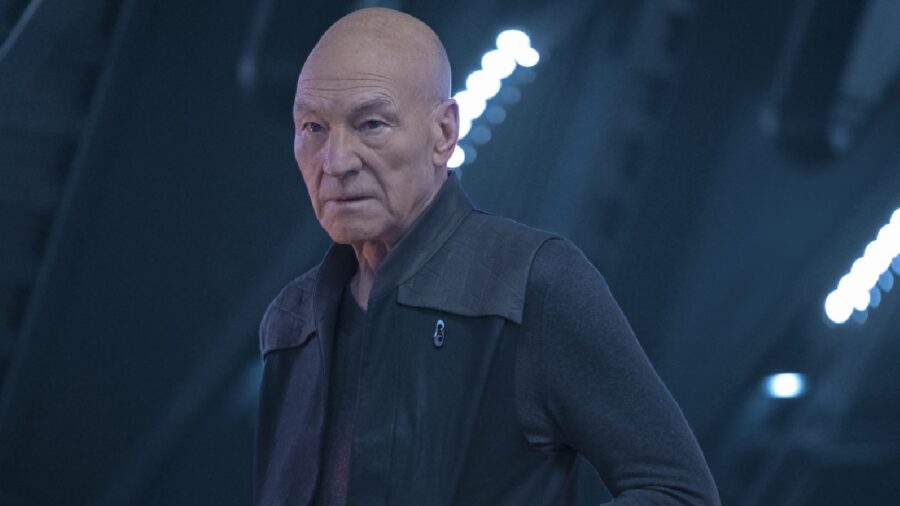
For comparison: Picard had the opposite problem. Patrick Stewart himself reportedly wanted to avoid too many connections with this show The next generationwhich is just one reason why the first two seasons were a hot mess. It was only after the failure of the earlier seasons that Paramount and Stewart gave the fans what they wanted and turned the third season into a TNG reunion. Before that murderous final season, however PicardThe biggest mistake was constantly trying to get something done completely new rather than focusing on what made its titular character so great in the first place.
The next big Star Trek series was Lower decksand managed to find the Goldilocks balance that fans craved. Each season was full of hilarious callbacks to beloved characters from Q to Harry Kim, and the show always had great Easter eggs for older fans (I almost spit out my drink when I saw the giant skeleton of Spock Two, an obscure one). cartoon series Character). At the same time, the series introduced and proved amazing new characters like Boimler and Mariner Lower deckslike Goldilocks’ bed of choice, was “just right” in its ability to focus on something old and something new at the same time.
So much potential
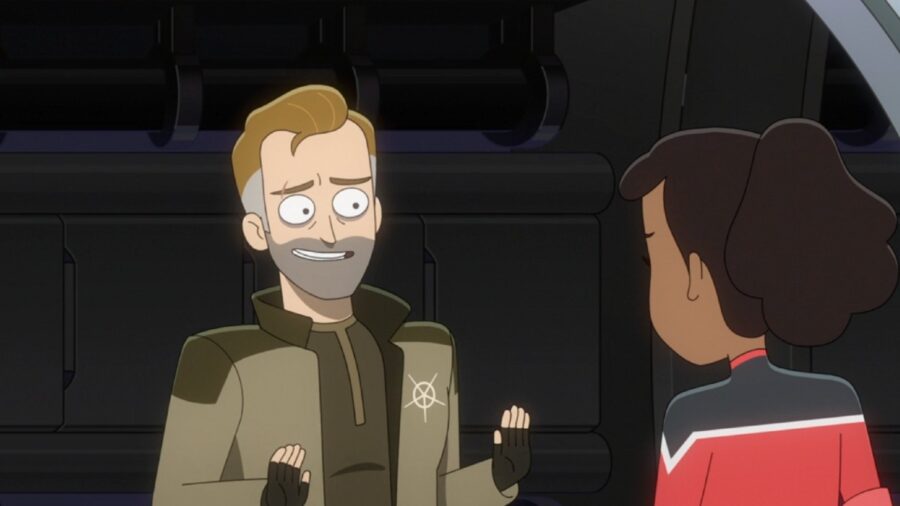
Another thing that the show did “just right” was that it struck a balance between silly comedy and creating a killer canon. Every episode of Lower decks provided some light-hearted laughs, but the show was never afraid to change the canon in a big way (I particularly liked the return of Nick Locarno). And the series finale ended with Starfleet having a stable wormhole to the multiverse, which is more or less an open invitation for future Trek writers to definitely get involved wild with all the juicy storytelling potential.
As a Star Trek fan who fell in love with the franchise during the first season of TNG, “potential” is the word I most associate with Lower decks. The series lived up to its full potential by combining groundbreaking comedy with exciting stories that pushed the boundaries of this franchise. Honestly, if Star Trek is about infinite variety in infinite combinations, Lower decks deserves a permanent spot in Stovokor as it is the only NuTrek show (sorry, Strange New Worlds) to fully embrace this Vulcan ideal.
Unfortunately, the show’s early cancellation means that the fan base either doesn’t appreciate the best that NuTrek has to offer or, even worse, has no idea what to really expect from this venerable franchise. Star Wars is understandably under fire for not giving fans what they want, but the general assumption is that Disney executives are (for whatever reason) ignoring a tried-and-true, fan-favorite formula in favor of theirs own brand of action figure-optimized content chokes our throats.
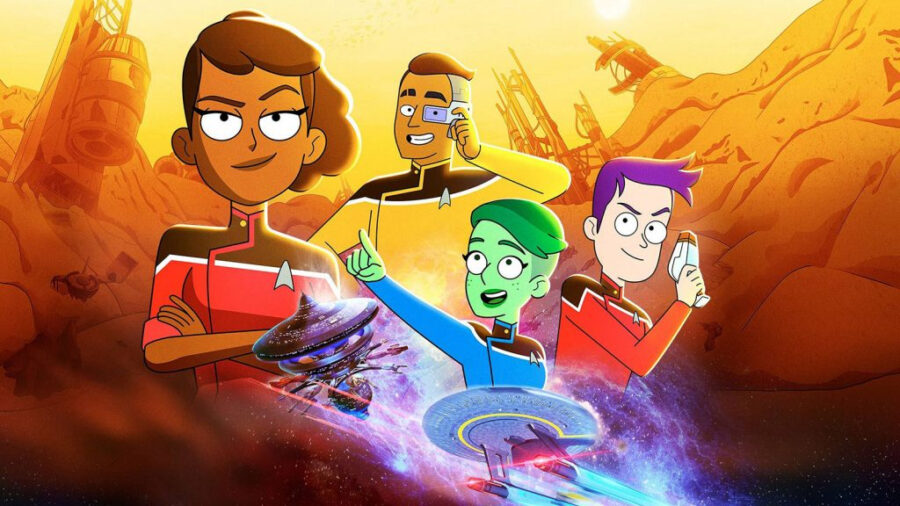
However, Star Trek is in a far worse situation now, with seemingly no one knowing what they want from this franchise and a world where fans have rejected it Lower decks is one in which the franchise is doomed to die a slow death. With any luck, Paramount will bring Mike McMahan’s groundbreaking show back in one form or another to get our favorite sci-fi universe back on track. Otherwise, the term “Star Trek Into Darkness” wouldn’t simply describe the worst film in the series. It also details how Gene Roddenberry’s universe is dying at the hands of negligent executives who can’t stop disappointing the fan base.
